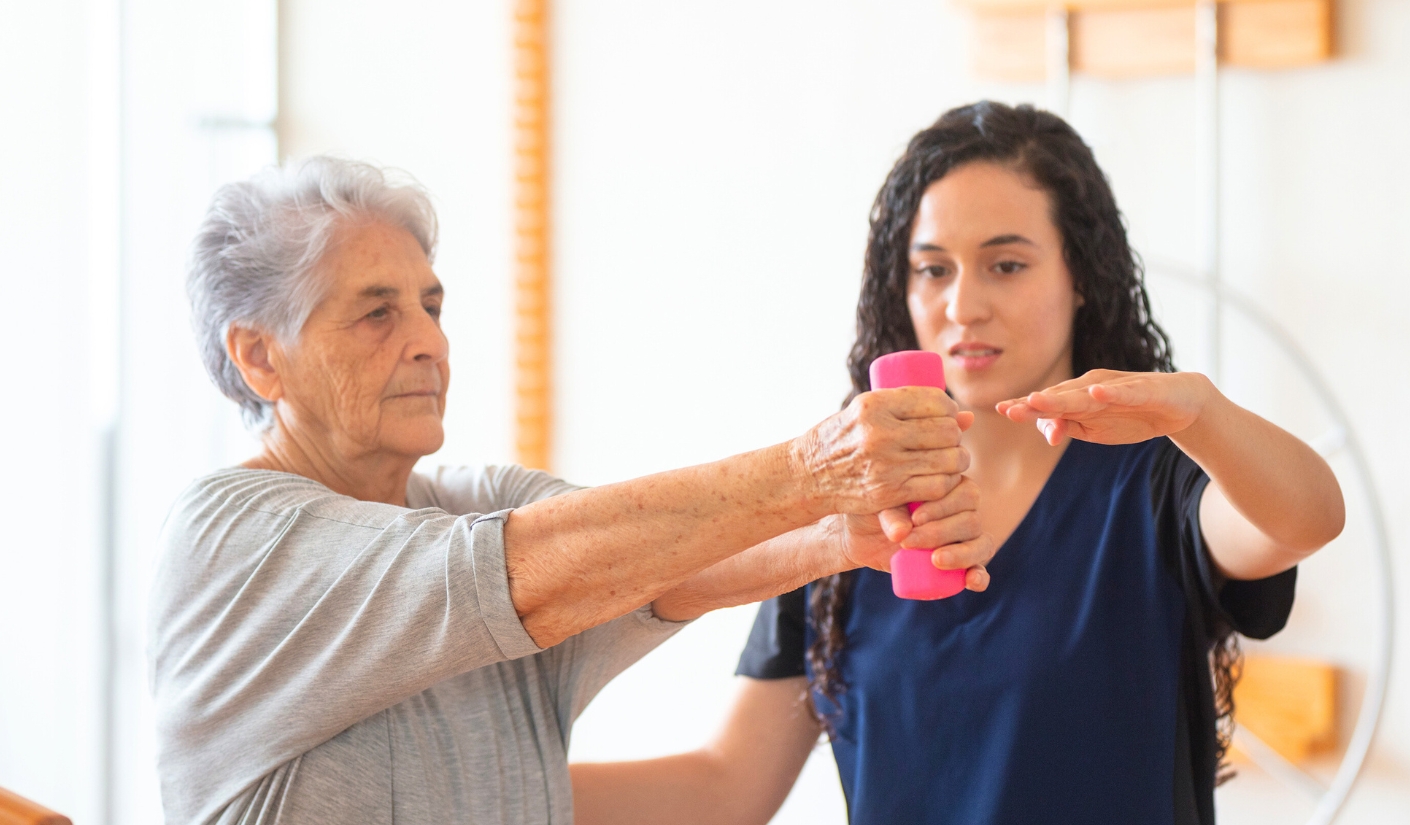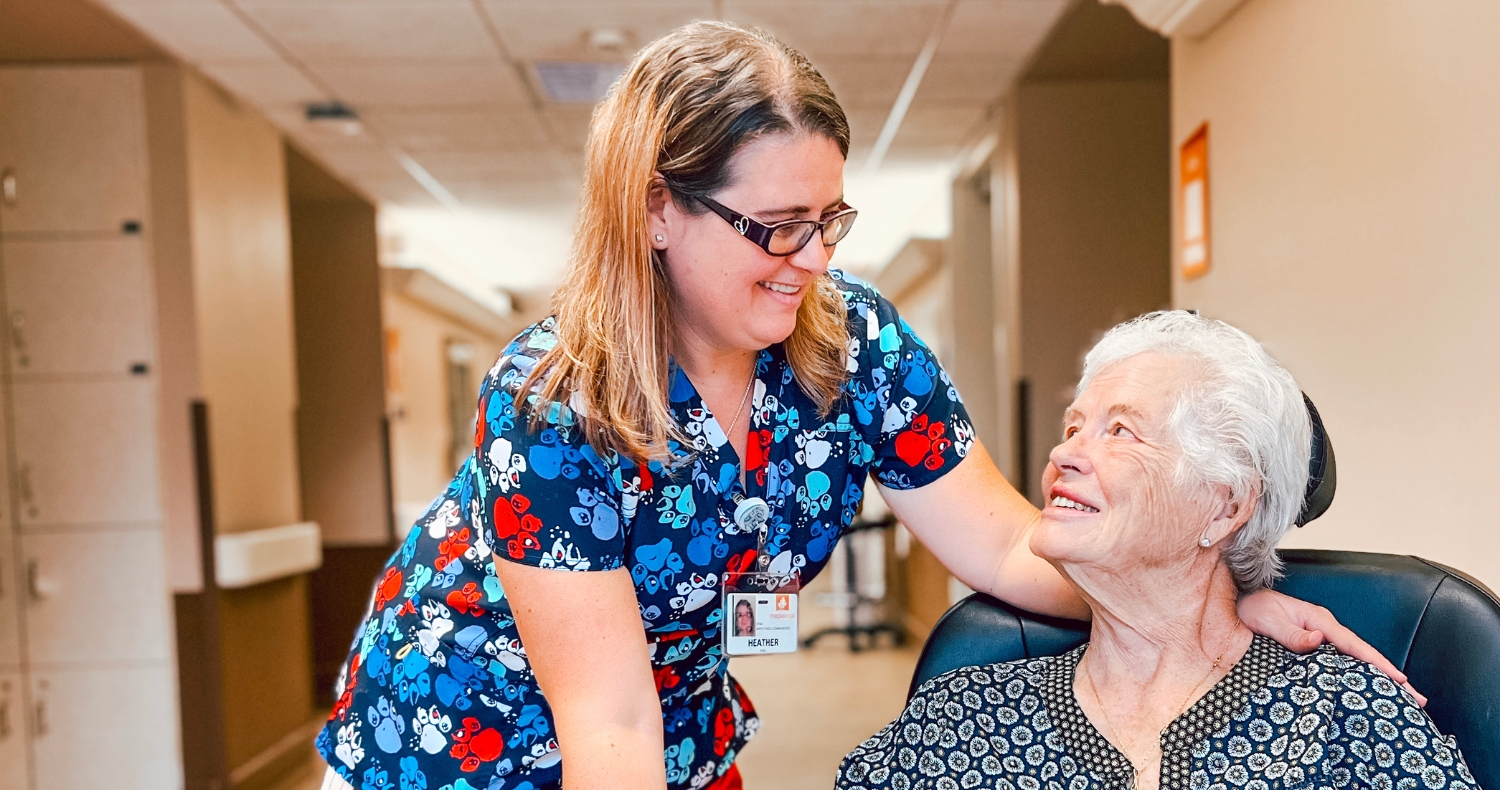It’s common knowledge that exercise and a healthy diet play crucial roles in our overall health, especially as we age. However, many people are unaware that oral health is just as important. The risk of losing our teeth increases as we age, which can lead to other health issues such as malnutrition, oral cancer and other chronic diseases. Many retired older adults do not have dental insurance because the traditional federal Medicare program does not cover routine dental care, which can discourage them from making annual dental visits. Taking care of our oral health may seem like a small issue; however, when gone unaddressed dental issues can have a large impact in our overall health.
Common Oral Health Problems in Older Adults
According to the Centers for Disease Control and Prevention, advanced aging puts older adults at risk for a number of oral health problems. While many of these issues can be treated upon early diagnosis, many of them have the potential to negatively impact our health and ability to age well. Here are a few of the most common oral health issues in older adults:
- Tooth decay. According to the CDC, nearly 95 percent of all adults have had at least one cavity. While genetics can cause some individuals to become more prone to developing cavities than others, there are some other factors that can contribute to tooth decay. Older adults who take medications that cause dry mouth as a side effect, are more likely to experience tooth decay than those who do not. Saliva helps protect teeth and reduces bacteria which can ultimately protect teeth from decaying.
- Gum disease. Severe gum disease can cause sore and bloody gums, difficulty chewing and tooth decay and complete loss of teeth. The CDC has reported that two in three older adults aged 65 and older have been diagnosed with gum disease. According to the Mayo Clinic, severe gum disease, also referred to as periodontitis, can cause other major health problems such as respiratory disease, rheumatoid arthritis, coronary artery disease and complexities in those with diabetes.
- Tooth loss. Those who have lost their teeth may find it difficult to eat nutritious fruits and vegetables, opting instead for softer, easily swallowed foods. Unfortunately, tooth loss is extremely common in older adults. In fact, one in five adults aged 65 and older have lost all of their teeth.
- Chronic disease. According to the National Institute on Aging, approximately 85 percent of older adults have at least one chronic health condition, and 60 percent have at least two chronic conditions. People with chronic conditions such as, arthritis, diabetes and heart disease are more likely to develop gum disease, but less likely to get dental care than adults without this conditions.
- Pneumonia. Older adults who do not practice proper oral hygiene put themselves at risk of bacterial pneumonia, especially those who consume tobacco products. Those who have poor oral hygiene have more bacteria in their mouths, which can travel to the lungs when they breathe.
Tips for Improving Oral Health in Older Adults
A lifetime full of habits, both good and bad, can have a tremendous impact on our oral health as we age. To protect their dental health and avoid major health concerns, it’s important that older adults maintain a proper oral hygiene regimen. Here are a few simple but effective steps you can take to protect your teeth and gums:
- Visit the dentist. Regularly scheduled dental visits can help address problems before they become severe. Seniors should make appointments to see their dentist twice a year or otherwise directed by their practitioner.
- Brush daily. If it’s not already a daily practice, older adults should start brushing their teeth twice a day—once in the morning and once before bed. Some dentists even suggest brushing after meals, but you might consider consulting your own dentist before brushing this often. Many dentists suggest using electric toothbrushes to ensure a better clean.
- Take care of your dentures and mouthguard. Dentures are expensive! Taking care of dentures is also crucial to maintaining oral health. It’s important to follow your dentist’s instructions on how to care for them properly. In addition, if your dentures give you pain or discomfort, you should see your dentist right away.
According the Centers for Disease Control and Prevention, the following tips can help you maintain strong teeth and a healthy mouth:
- Drink fluoridated water and brush with fluoride toothpaste.
- Practice good oral hygiene. Brush teeth thoroughly twice a day and floss daily between the teeth to remove dental plaque.
- Visit your dentist at least once a year, even if you have no natural teeth or have dentures.
- Do not use any tobacco products.
- Limit alcoholic drinks.
- If you have diabetes, work to maintain control of the disease. This will decrease the risk of other complications, including gum disease.
- If your medication causes dry mouth, ask your doctor for a different medication that may not cause this condition. If dry mouth cannot be avoided, drink plenty of water, chew sugarless gum and avoid tobacco products.
- See your doctor or a dentist if you have sudden changes in taste and smell.







